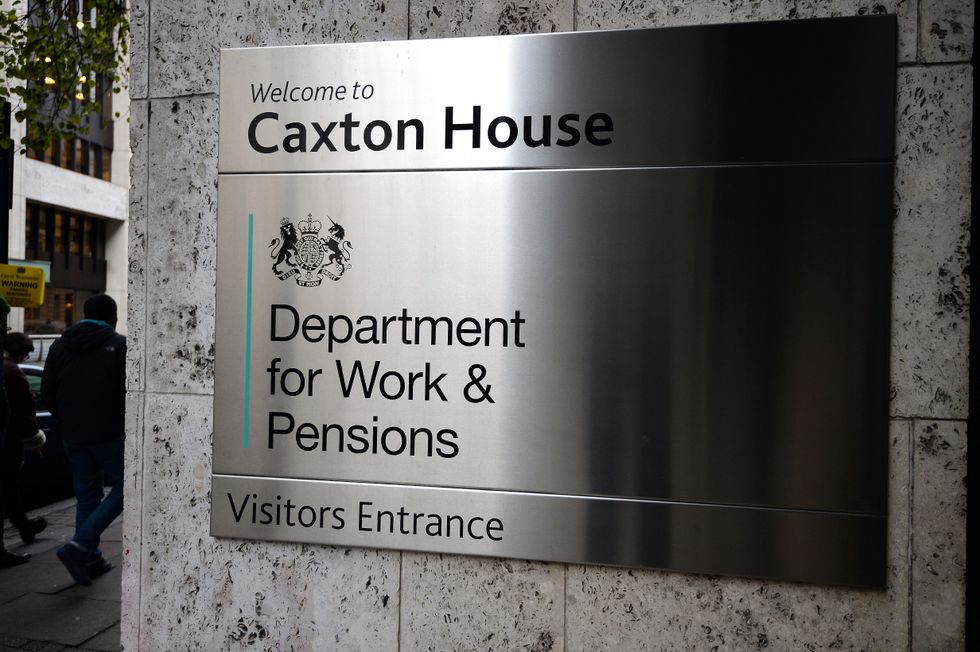Around 370,000 people currently receiving Personal Independence Payment (PIP) could lose their entitlement when they have their next award review under new Department for Work and Pensions reforms.
The changes will result in an average loss of £4,500 per year for those affected, according to the DWP's own impact assessment.
The reforms are part of a significant overhaul of the disability benefits system that will see funds redistributed from disability benefits to wider working age benefits.
The assessment also forecasts that 430,000 future PIP recipients will not receive benefits they would otherwise have been entitled to under current rules.
The DWP has outlined broader impacts of these welfare reforms beyond just those losing PIP entitlement
PA
The Government has indicated it intends to introduce "additional protections for those with severe and lifelong conditions", though specific details of these safeguards remain unclear.
The DWP has also stated that 2.25 million current recipients of UC Health will be impacted by a freeze, facing an average loss of £500 per year.
However, these individuals will see a rise in cash terms from the standard allowance.
Additionally, 730,000 future recipients of UC Health are expected to lose an average of £3,000 per year.
The DWP has also stated that 2.25 million current recipients of UC Health will be impacted by a freeze, facing an average loss of £500 per year
GETTY
On the other side of the equation, 3.9 million households not receiving the UC Health element are expected to gain from increases to the standard allowance. These households will see an average gain of £265 per year.
The distribution of impacts varies by demographic factors, with families headed by older individuals more likely to lose out.
The DWP has also highlighted that some people will benefit from the changes. Around 370,000 people will now be eligible for the new UC health element at £50 per week.
These individuals will gain approximately £2,600 per year as a result of not taking forward the previous Government's changes to the Work Capability Assessment.
Of the households who will gain financially under the reforms, just under half (1.8 million) have someone with a disability in the household.

 By GB News (World News) | Created at 2025-04-05 11:01:15 | Updated at 2025-04-05 23:44:01
12 hours ago
By GB News (World News) | Created at 2025-04-05 11:01:15 | Updated at 2025-04-05 23:44:01
12 hours ago










